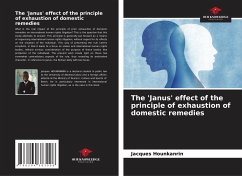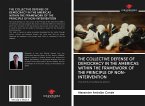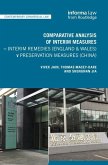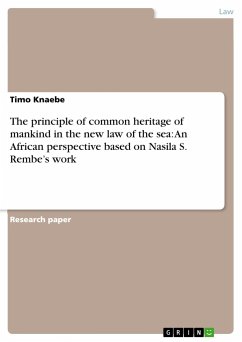What is the real impact of the principle of prior exhaustion of domestic remedies on international human rights litigation? This is the question that this study attempts to answer. This principle is generally put forward as a means of organising international human rights litigation, without regard for its effects on the situation of the individual. This way of presenting the rule seems simplistic, in that it leads to a focus on states and international human rights bodies, without serious consideration of the purpose of these bodies (the protection of the individual). The present work sheds light on these two somewhat contradictory aspects of the rule, thus revealing its ambivalent character, in reference to Janus, the Roman deity with two faces.
Bitte wählen Sie Ihr Anliegen aus.
Rechnungen
Retourenschein anfordern
Bestellstatus
Storno








